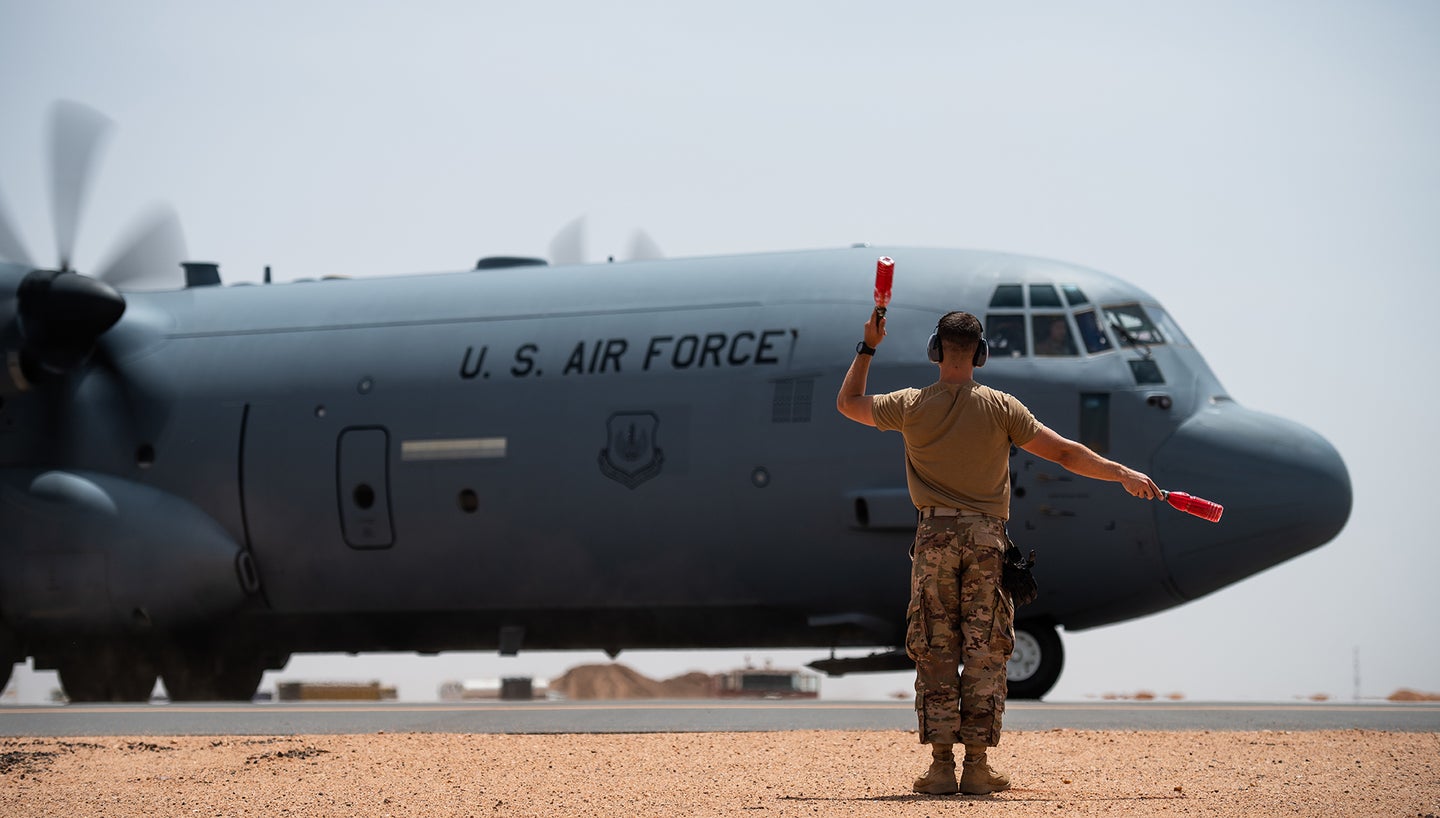US troops in Niger are staying put, for now
About 1,000 US personnel are in Niger including roughly 650 troops.

The Pentagon is standing-by-to-standby two days after the military junta that rules Niger announced an end to its partnership with the U.S. military.
On March 16, a spokesman for the junta – formally known as the National Council for the Safeguard of the Homeland, or CNSP – made a televised statement in which he repudiated the Status of Forces Agreement between the United States and Niger.
“The American presence on Niger’s territory is illegal and violates all constitutional and democratic rules,” said Nigerian Col. Amadou Abdramane.
But the Pentagon has not received an official eviction from the nascent government and defense officials aren’t sure what to make of the March 16 statement. U.S. government officials have asked the CNSP for clarification on the statement, Deputy Pentagon Press Secretary Sabrina Singh told reporters on Monday.
“We have different lines of communications at all levels of government with Niger and our government,” Singh said during a Pentagon media event. “And so, we’re keeping those dialogues open. And so, we’re seeking further clarification for what that statement means. Again, we want to see our partnership continue if there is a pathway forward.”
No U.S. forces have left Niger since March 16, Singh said. The U.S. military currently has about 1,000 personnel in Niger, of which about 650 are service members and the rest are contractors.
Subscribe to Task & Purpose today. Get the latest military news and culture in your inbox daily.
So far, the CNSP has not given U.S. forces in Niger a deadline to withdraw from the country, Singh told reporters.
The March 16 announcement came following a meeting between the CNSP and top State and Defense Department officials, including Marine Gen. Michael E. Langley, head of U.S. Africa Command, Singh said.
Langley and Assistant Secretary of Defense for International Security Affairs Celeste Wallander also had a separate meeting with the chief of the general staff of the Nigerien armed forces.
“The U.S. delegation was there to raise a number of concerns that we have been having from State and DoD,” Singh said. “U.S. officials expressed concern over Niger’s potential relationships with Russia and Iran.”
The U.S. government did not present the CNSP as an ultimatum on Niger’s ties with Iran and Russia, Singh said.
“Ultimately, we want to see what our relationship could look like, if there is one to pursue, going forward,” Singh said.
Until the military coup in July 2023, Niger had been an important partner in the U.S. military’s counterterrorism missions in Africa.
The U.S. military initially had two bases in Niger: “Air Base 101,” in the country’s capital of Niamey; and Air Base 201, near Agadez that cost $110 million to build. Since September, most U.S. forces in Niger have been consolidated at Air Base 201.
It is unclear whether the U.S. military would have to shutter its base near Agadez if all American service members were forced to leave the country. The base, which has a 6,200-foot runway, has played a key role in U.S. counter-terrorism missions in the region.
MQ-9 Reaper drones began flying missions from the base in November 2019, but those operations ceased when the CNSP overthrew Niger’s prime minister, Singh said. Currently, the U.S. is only flying missions for force protection, she said.
When asked by reporters if the Defense Department is making plans in case it has to withdraw from Niger, Singh did not answer directly.
“We’re a planning organization,” Singh said, “There’s always plans for every type of scenario. That’s what makes us so great at our jobs.”
Air Force Gen. James B. Hecker, commander of U.S. Air Forces Europe/Africa, told reporters in September that the U.S government was looking at possibly partnering with other African countries to conduct drone operations, but he did not specify which ones.
The U.S. military has been evicted from other countries in the past, such as Uzbekistan in 2005. More recently, the United States was able to keep forces in a country after being told to leave. The government of Kyrgyzstan announced in 2009 that the U.S. military had been evicted from the country. Despite that rhetoric, the U.S. government was able to extend its lease on the Manas Transit Center near Bishkek until 2014 after agreeing to pay more in rent.
The latest on Task & Purpose
- Navy fires captain of USS Ohio guided missile submarine
- Army major honors fallen soldiers with Native eagle feathers in hair
- Marines fire 2 commanders at School of Infantry-West
- Marines may revamp pistol training to require more lethal shots
- Admiral McRaven, who oversaw bin Laden raid, gets $50 million from Jeff Bezos
